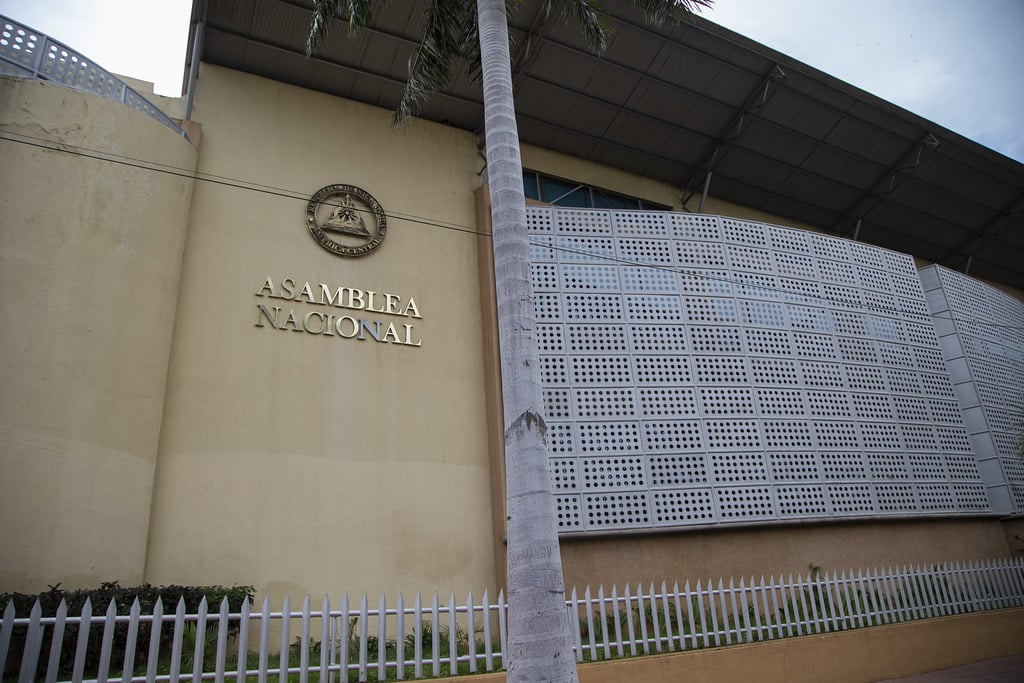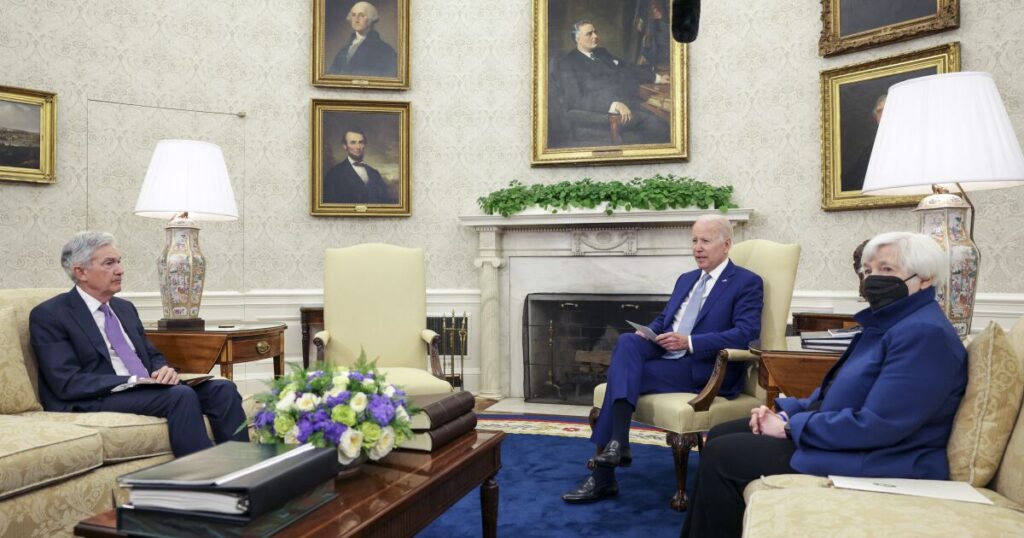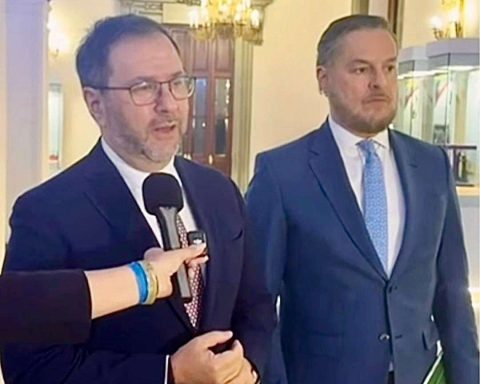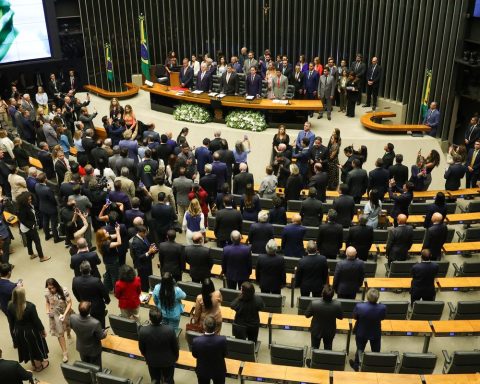Nicaragua improved its results by one point in the 2021 Open Budget Survey (OBS), by obtaining 42 units, against the 41 obtained in the 2019 Survey, reported economist Leonardo Labarca, researcher at the Expediente think tank. Open, ‘think tank’ that “analyzes, investigates and proposes on relevant issues that happen in Central America.” The 2017 survey awarded 43 points to the country.
The OBS is the only global, independent, periodic benchmarking of transparency, surveillance, and participation. Measure budget transparency and how it has changed over time; the degree to which opportunities for public participation are present in this process, and the strength of the formal oversight institutions, which in the case of Nicaragua are the National Assembly (AN) and the Office of the Comptroller General of the Republic (CGR).
“The pillar in which Nicaragua obtains the best grades (59 points out of 100) is the one that measures the strength (on paper) of the formal budget oversight institutions,” with 64 points for the Assembly, and 50 for the Comptroller’s Office, said the expert. “Budget oversight by national legislators and auditors is limited. There are serious gaps in checks and balances,” he added.
In practice, “the oversight provided by the legislature is generally weaker than the auditing institutions. The Executive Branch feels little pressure to implement the audit recommendations,” he said, recalling that “the Assembly has an office for monitoring public spending that, in theory, should be generating reports on how the Executive spends money and collects revenue.” .
“The Assembly has the power to approve or not the budget reforms. In an ideal world, the Assembly should counterbalance the Executive Power with the management of the budget, but we know that in Nicaragua there is a very particular situation, as there is not in Latin America, except Venezuela… in Nicaragua, the accountability system is very limited,” he said.
Elite Conversation
“An optimal work of formal institutions, combined with what civil society contributes, can produce the best budget oversight system,” he said, although “without effective formal oversight institutions, there can be no efficient citizen oversight,” he added.
This is precisely the weak point of Nicaragua and, in fact, of all Latin American countries: only seven of the 18 countries evaluated score more than 20 points on this indicator, with Peru (31), Ecuador (26) and Chile ( 24), leading the ranking, which doesn’t mean they’re doing well. At the other extreme, Trinidad and Tobago (7), together with Nicaragua (7), share the penultimate place, with Paraguay (6) in the penultimate, and Venezuela (zero) closing the list.
In Central America, the Northern Triangle is better positioned (El Salvador with 20; Guatemala with 19 and Honduras with 17), while Costa Rica and Nicaragua obtain nine and seven points. “Public participation in budget decision making is the weakest link. Budgets remain a largely elite conversation, with few avenues for ordinary people to get involved and have a voice.
In Nicaragua, as of 2005, the Budget Regime Law offers the guidelines for adequate control over transparency, the flow of information, and how budget data should be published. For its part, the 2003 Citizen Participation Law states that in order to create laws, including the budget, the Legislature must call on interested sectors of the population —including civil society organizations— to offer their contributions in terms of allocations.
As of 2015, “we have seen a serious setback, in terms of the discussion of these budgets. Before, you could call some organizations, like the Ieepp”, (referring to the outlawed Institute of Strategic Studies and Public Policies), which presented his own analysisalthough he acknowledged that “this problem is very common in many countries of the world.”
Nicaragua chooses not to comment
In terms of ‘Budget Transparency’, the country obtained 45 points out of 100, which means that “it only offers limited information that does not allow deepening a debate on public budgets. A minimum of 61 is required for that,” explained Labarca. The score obtained depends on the publication or not; punctual or late, of eight documents that are key for the public to know how their resources are managed.
The eight documents are the preliminary budget (zero points, because it does not exist); the budget proposal (54); the approved budget (22); the citizen budget (zero); plus four reports: mid-year (70); the execution (zero); liquidation (50), and audit (29).
“There is a direct relationship between transparency and international cooperation flows. In Nicaragua, donations decreased (or disappeared), especially those that were freely available to adjust the budget, but since Nicaragua does not have adequate transparency in the use of public resources, the lower confidence of international financial organizations translates into in greater caution when approving donations,” he detailed.
As for the loans, Labarca recalled that what matters to financial institutions is “that the country complies, and Nicaragua has complied,” but if there is no progress in transparency, “the distrust of the population and of the economic sectors of the country will grow. country towards the management of those resources. It is not that there is no transparency in Nicaragua, but the score given indicates that the information is limited, which allows analysis -but not in-depth- on the budget issue, ”he clarified.
Since 2006, the International Budget Partnership has been carrying out the Open Budget Survey in more than 160 countries, to assess the accountability systems of national governments. The process lasts about 18 months, led by a researcher from each country. Although the organization grants the evaluated governments the possibility of commenting on the findings of the document, Nicaragua has never made any comment.

















